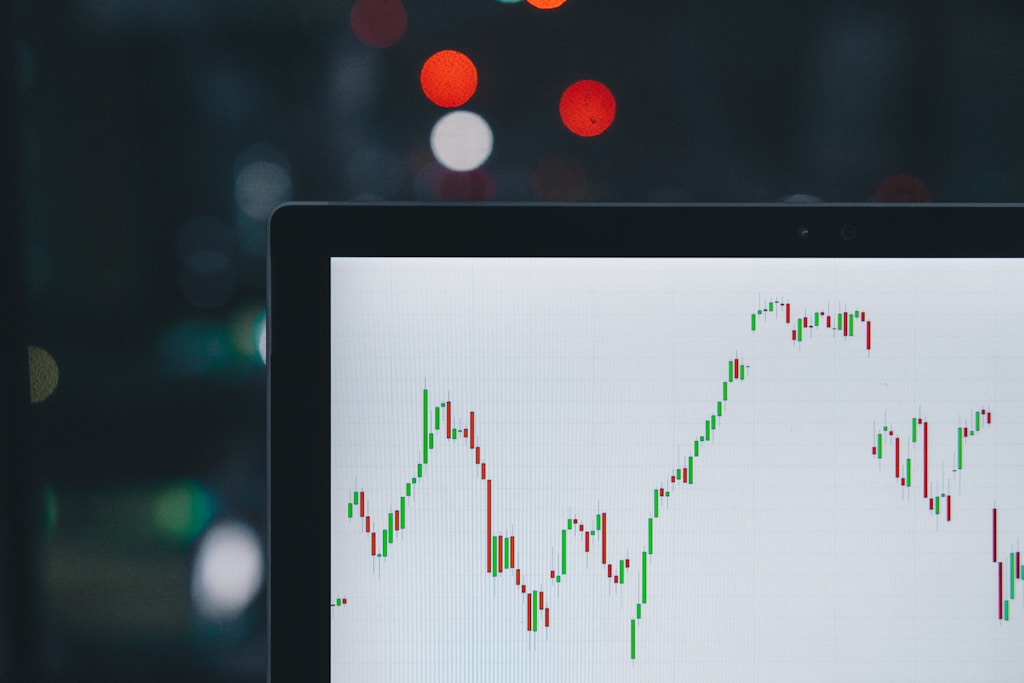In a groundbreaking development for institutional Bitcoin adoption, South Carolina has introduced a bill that would allow the state to invest up to 10% of its funds in Bitcoin and other digital assets. This legislative initiative, similar to Brazil’s recent Bitcoin reserve strategy, marks a significant shift in state-level cryptocurrency investment policies.
Key Points of the South Carolina Bitcoin Bill
- Enables investment of up to 10% of state funds in digital assets
- Allows for accumulation of up to 1 million Bitcoin
- Implements strict security and auditing protocols
- Requires biennial reporting and proof of reserves
Strategic Rationale and Inflation Hedge
The bill, formally titled “The Strategic Digital Assets Reserve Act Of South Carolina,” cites inflation concerns and Bitcoin’s potential as a hedge against economic volatility as primary motivators. This approach aligns with growing institutional interest in cryptocurrency as a treasury reserve asset.
Security and Custody Considerations
The legislation outlines comprehensive security measures including:
- Optional cold storage implementation
- Third-party custody solutions
- Regular security audits
- Public proof of reserves
Transparency and Oversight Mechanisms
The bill mandates strict reporting requirements:
- Biennial reports on digital asset holdings
- Public disclosure of reserve addresses
- Annual independent audits
- 90-day response window for audit recommendations
Frequently Asked Questions
How much Bitcoin can South Carolina purchase under this bill?
The bill allows for accumulation of up to 1 million Bitcoin in the state’s Strategic Digital Assets Reserve.
What security measures are in place?
The bill provides for cold storage options, third-party custody solutions, and regular security audits to protect the state’s digital assets.
How will transparency be maintained?
The State Treasurer must publish proof of reserves and maintain public addresses for independent verification of holdings.
Market Implications and Future Outlook
This legislative initiative could set a precedent for other states considering similar Bitcoin investment strategies. The move represents a significant step toward mainstream institutional adoption of cryptocurrency at the state government level.



